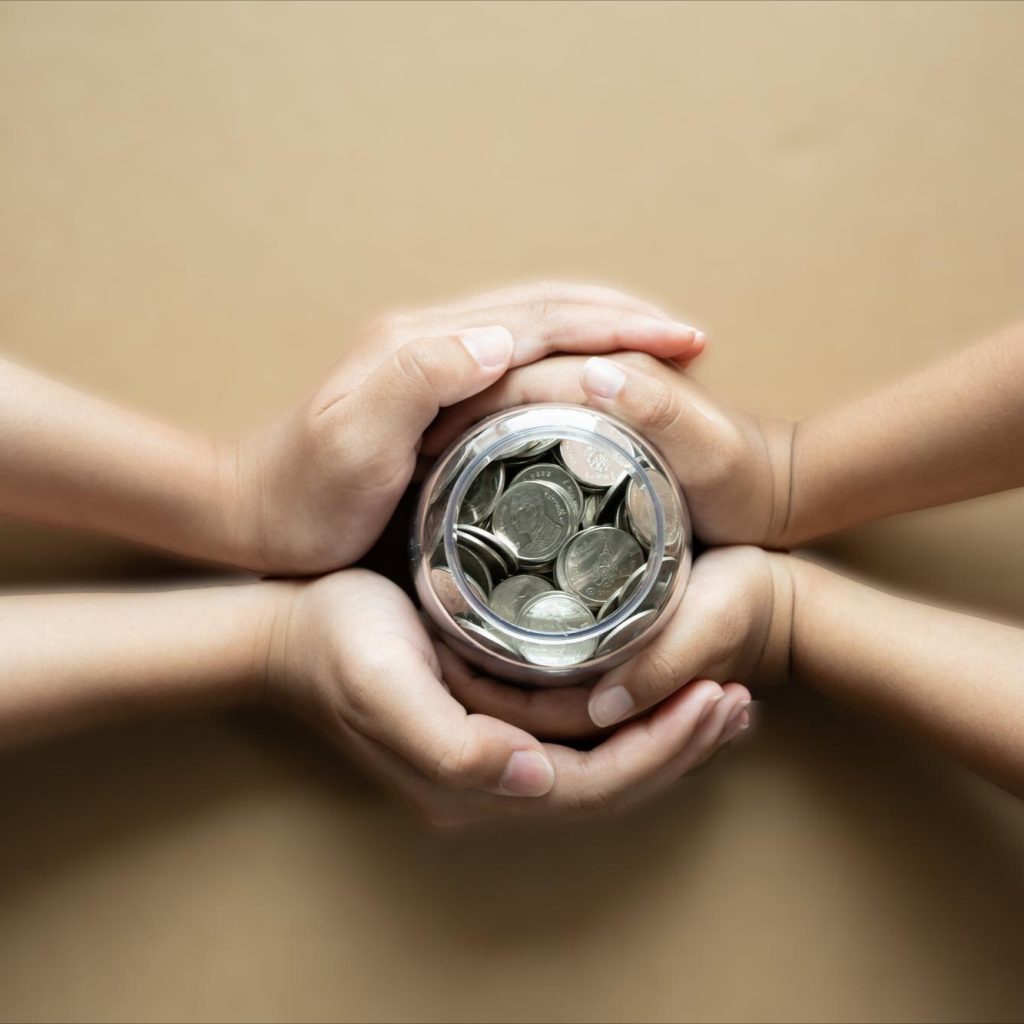
Introduction:
In many religious traditions, charity, or “sedekah,” holds a central place as a way to purify the soul and gain spiritual reward. In Islam, it is taught that acts of charity not only help those in need but also serve as a means of cleansing one’s sins. This blog will explore the concept of sedekah as a tool for spiritual growth and how it plays a vital role in seeking forgiveness from Allah.
What is Sedekah?
Sedekah is a form of voluntary charity in Islam, which can come in many forms—whether it’s monetary donations, acts of kindness, or helping others in any capacity. It goes beyond just financial help and includes anything that benefits others, reflecting the spirit of generosity.
Charity as a Means of Forgiveness:
Islamic teachings emphasize that charity is a powerful way to purify the heart and soul. According to the Hadith (sayings of the Prophet Muhammad), charity serves as a means to wash away sins. In a well-known Hadith, the Prophet Muhammad (peace be upon him) said, “Charity extinguishes sins as water extinguishes fire.” (Tirmidhi) This beautiful metaphor highlights how giving in charity can act as a spiritual purifier.
The Benefits of Giving:
- A Cleansing Act: Every act of charity wipes away a portion of our sins. By giving, you not only help others but also seek divine mercy and forgiveness.
- A Reward in the Afterlife: Charity is one of the acts that will lead to great reward in the Hereafter. Allah promises to multiply the reward for those who give in His path.
- Strengthening Empathy: Giving to others builds compassion and empathy, and helps individuals develop a deeper sense of gratitude for what they have.
- A Path to Inner Peace: The act of selflessly giving often brings peace and fulfillment, knowing that you have made a positive impact in the world.
Types of Sedekah That Can Erase Sins:
- Sadaqah Jariyah (Continuous Charity): This type of charity continues to benefit others even after the giver has passed away. Examples include funding wells, building schools, or supporting ongoing charitable projects.
- Sadaqah al-Fitr: A special charity given during Ramadan to purify the fasts and help those in need.
- Small Acts of Kindness: Offering a smile, helping someone in need, or even providing advice or a listening ear—small deeds can also serve as sedekah and remove sins.
Conclusion:
Sedekah is not just a financial transaction—it is a way to purify the heart, seek forgiveness, and earn divine reward. By embracing the spirit of charity, we can not only uplift others but also cleanse ourselves of the burden of sins, fostering peace and spiritual growth. Giving is an opportunity to grow closer to Allah while making a tangible difference in the lives of others. So, let us remember to give generously and often, knowing that charity is a pathway to both forgiveness and eternal reward.
